Today we celebrate the feast day of Saint Agnes, a virgin and martyr of the Church. She is thought to have lived and died in the third century, but little is really known of her life. She is mentioned in the first Eucharistic Prayer in the list of saints: “Agnes, Cecilia, Anastasia, and all the saints.”
What is known about Saint Agnes might not be one hundred percent factual, but it is instead meant to foster our own lives of holiness and dedication to the Lord. Legend tells us that Agnes was a young girl, probably twelve or thirteen years old, and very beautiful. Many young men longed for her, lusted after her, really, and one such man, having looked at her lustfully, lost his eyesight. But his sight was restored when Agnes herself prayed for him.
Because of her dedication to Christ, she refused the advances of the men who lusted after her. And one such man, having been refused, reported her to the government for being a Christian. She was arrested and confined in a house of prostitution, and was eventually put to death, although the method of her death is unclear. She was buried near Rome in a catacomb that was then named in her honor, and Constantine’s daughter later built a basilica in her honor.
Saint Ambrose wrote of her in his discourse on virginity, saying: “This is a virgin’s birthday; let us follow the example of her chastity. It is a martyr’s birthday; let us offer sacrifices; it is the birthday of holy Agnes: let men be filled with wonder, little ones with hope, married women with awe, and the unmarried with emulation. It seems to me that this child, holy beyond her years and courageous beyond human nature, receives the name of Agnes [which is the Greek word for “pure”] not as an earthly designation but as a revelation from God of what she was to be.”
May the intercession of Saint Agnes lead us all to a reclaiming of virtue and holiness, and above all, an uncompromising love for Christ.
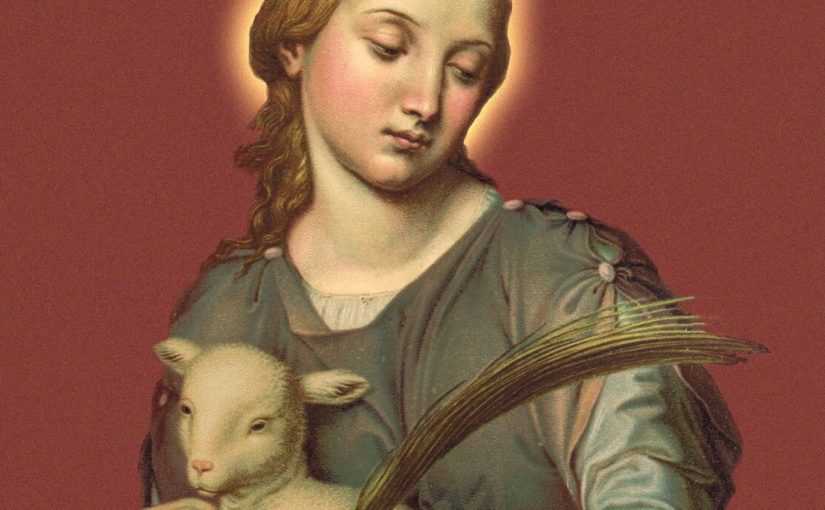
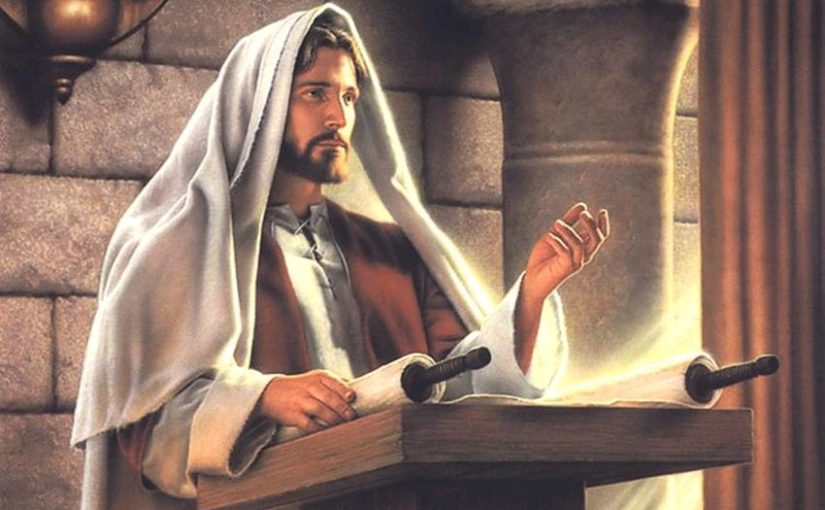
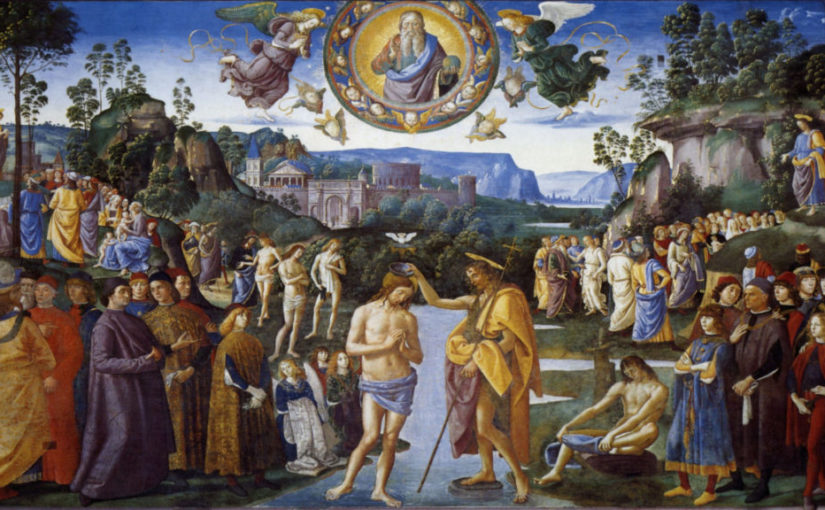
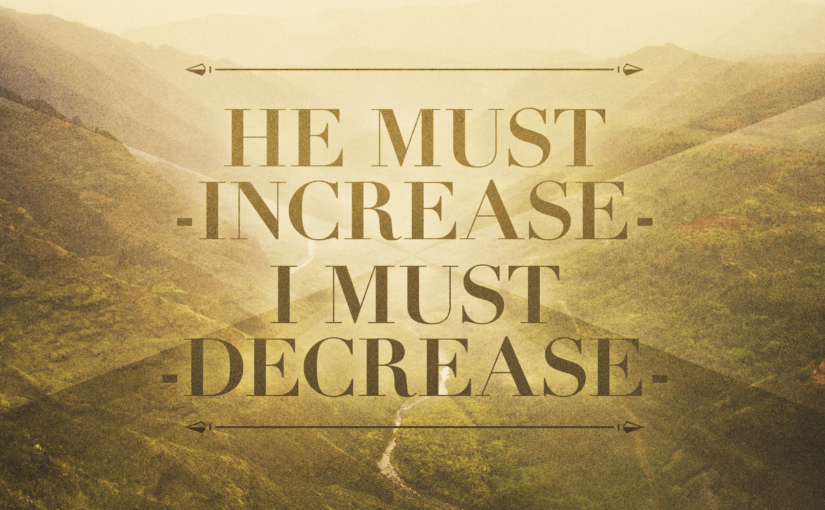
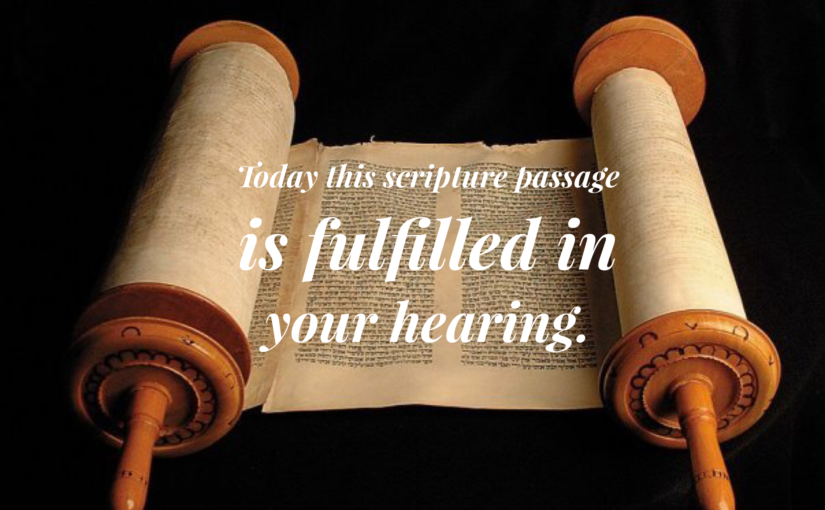
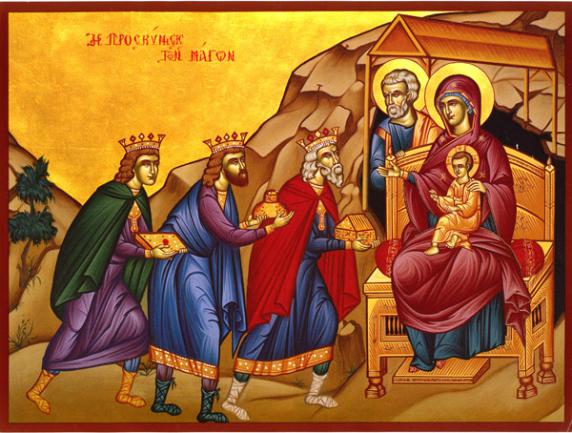

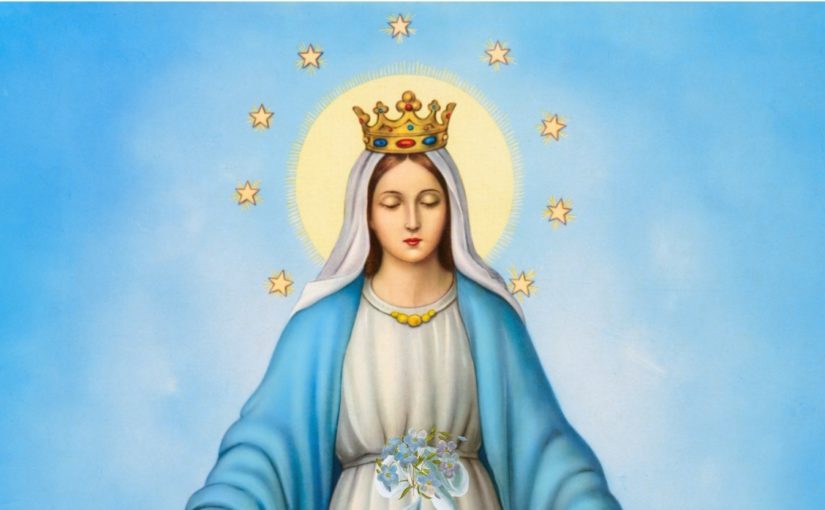
You must be logged in to post a comment.